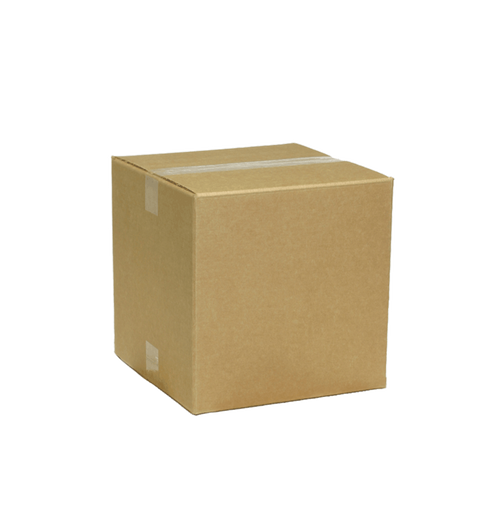In many countries, Spirulina is now recognized as a superior food for commercial fish and other domestic animals, and is also used as a therapeutic food supplement in some human disease states. Spirulina have been scientifically tested, and research strongly suggests that in addition to being a superior source of nutrition, these micro-algae may have potent anti-cancer properties, protect the bodys cellular system against free radical damage and successfully treat diseases of liver. Proponents of Spirulina point to its effectiveness in clearing the body of heavy metals such as cadmium, lead and mercury. It has also been used to treat patients who are withdrawing from cocaine. Apparently, the chemical constituents of Spirulina may help provide nutritional support and curb drug cravings.
The primary applications of Spirulina are:
- Blood Builder
- Blood purifier
- Cataracts
- Chronic diseases
- Chronic fatigue
- Diatebes
- Hepatitis
- Hypoglycemia
- Gastritis
- Glaucoma
- Malnutrition
- Obesity
- Weight loss
General dietary supplement: The secondary applications of Spirulina are: Allergies Anemia Appetite suppressant Arthritis Blood pressure disorders Diabetes Energy booster Goiter Gout Hypoglycemia Skin problems Liver disease Poisoning (Heavy Metal) Ulcers.
Dosage: 1-2 tsp. (5-10 grams) powdered Spirulina per day, more for chronic or acute disease. Suggested minimum dosage for hepatitis is 4 tsp (20ml) per day. Consume as much as desired; it may be used as the primary protein source in your diet.








